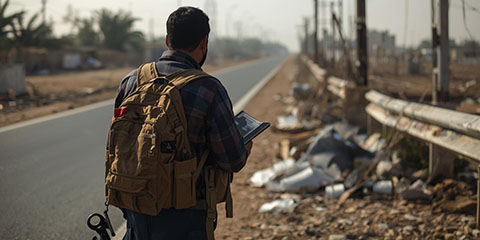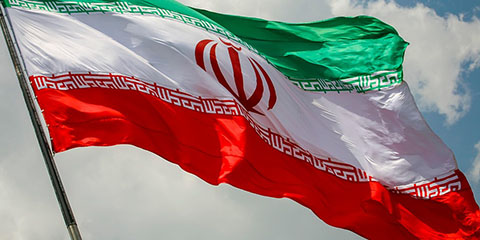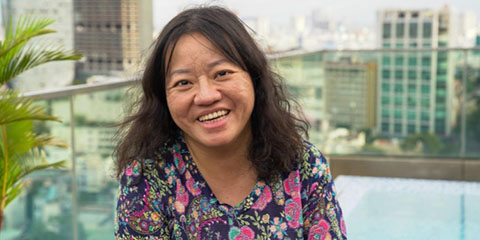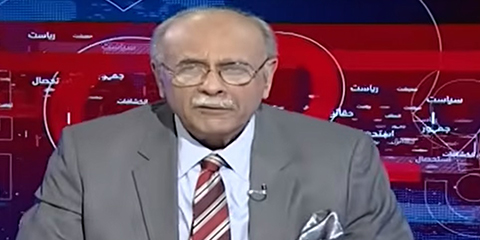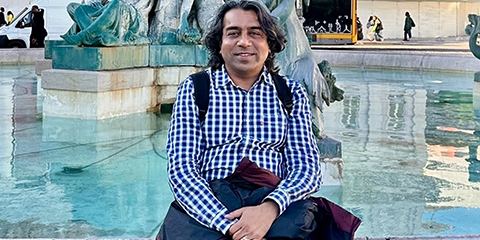Understanding the ethics of journalism: A comprehensive guide
JournalismPakistan.com | Published last year
Join our WhatsApp channel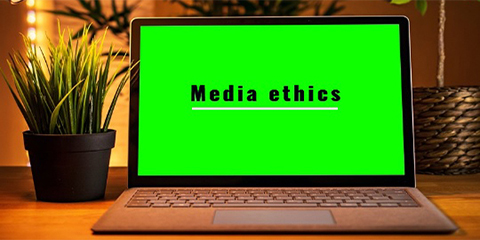
Journalism is a vital component of a functioning democracy, tasked with informing the public, holding power to account, and fostering an informed citizenry. However, this influential role comes with significant ethical responsibilities. Here, we explore the core principles of journalism ethics and why they are crucial for maintaining the integrity and trustworthiness of the media.
Truth and Accuracy
The cornerstone of journalism is the commitment to truth and accuracy. Journalists must strive to provide an honest, clear, and factual account of events. This involves rigorous fact-checking and verification to ensure that the information disseminated is reliable and accurate.
Independence and Impartiality
Journalists should remain independent and free from influences that could bias their reporting. This means avoiding conflicts of interest and being impartial in their presentation of news, providing a balanced view without favoring one side over another.
Fairness and Integrity
Ethical journalism requires fairness in the treatment of sources, subjects, and audiences. This involves being honest and transparent about the nature of their work and avoiding deceptive practices.
Accountability
Journalists must be accountable to their audience, accepting responsibility for their work and responding constructively to criticism. Corrections should be made promptly and transparently when errors occur.
Respect for Privacy
While journalists have a duty to inform the public, they must also respect individuals' right to privacy. This involves a careful consideration of the public interest against potential harm that might be caused by revealing private information.
Challenges in Upholding Journalism Ethics
Pressure and Influence
Journalists often face pressure from various entities, including political figures, advertisers, and even the public. Maintaining independence in the face of such pressures is a significant ethical challenge.
Digital Media and Speed
The rise of digital media has increased the pressure to publish quickly, sometimes at the expense of thorough fact-checking. This can lead to the spread of misinformation.
Threats and Intimidation
In many regions, journalists face threats and intimidation, which can impede their ability to report freely and ethically. Supporting press freedom is essential to ensuring that journalists can uphold their ethical standards.
Journalism ethics are fundamental to the practice of responsible journalism. By adhering to principles of truth, independence, fairness, accountability, and respect for privacy, journalists can maintain the trust of the public and fulfill their crucial role in society. Understanding and upholding these ethical standards is not just the responsibility of individual journalists but of the entire media industry and the public who rely on it.













